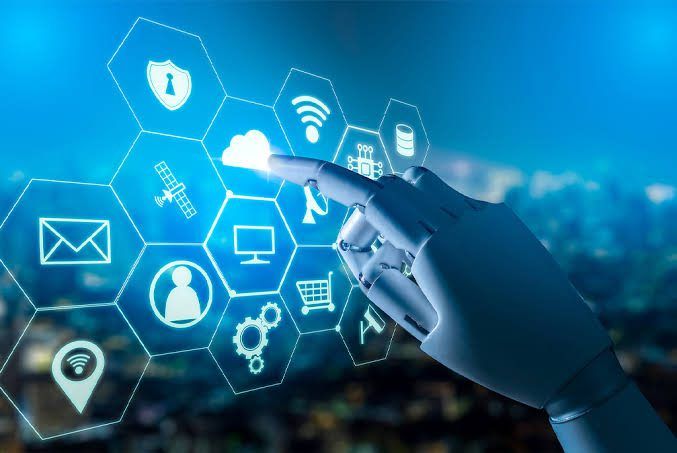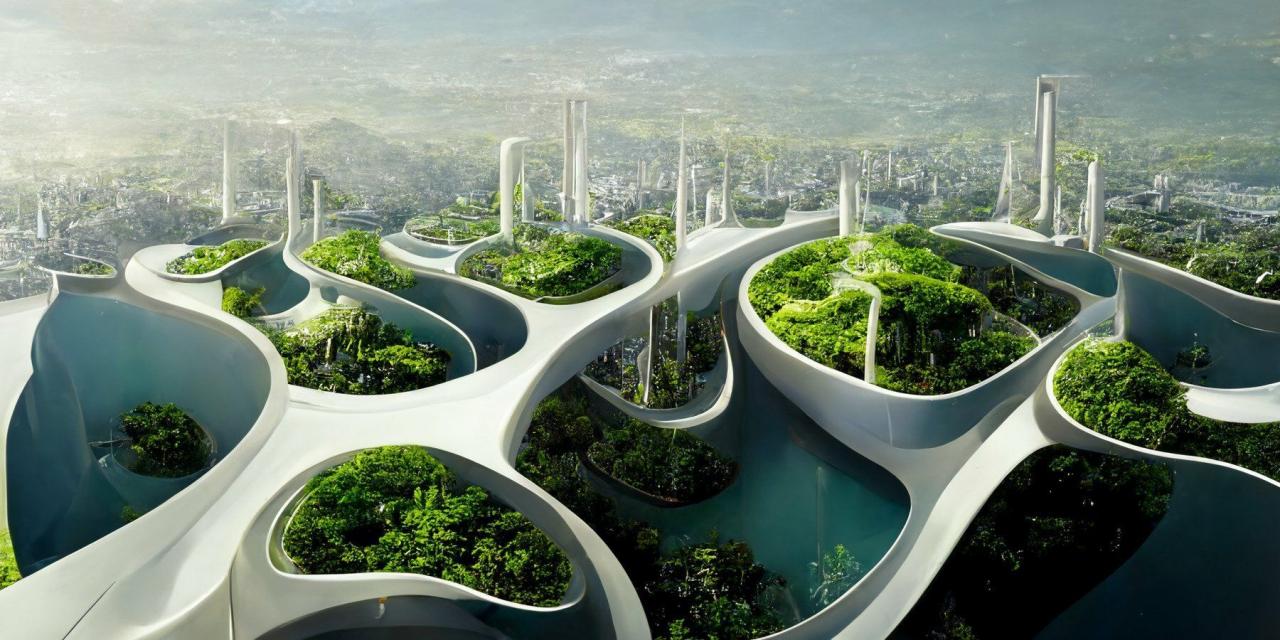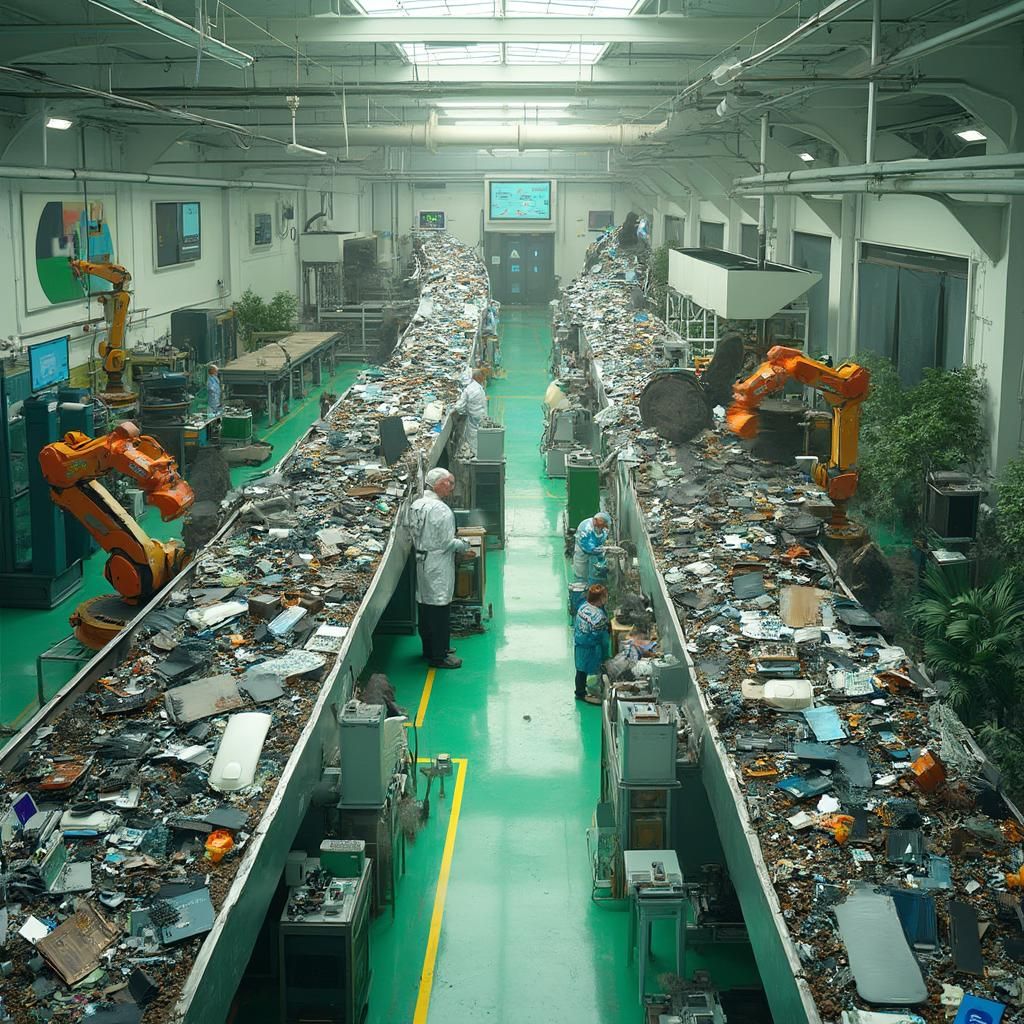Innovations That Will Define Tomorrow

Redefining the Future of Technology
We are living in an age of unprecedented change. The pace of technological advancement is accelerating, reshaping industries, economies, and the very fabric of our daily lives. While it’s impossible to predict the future with perfect accuracy, a handful of revolutionary innovations are already emerging from the lab and into the mainstream, poised to define tomorrow. This is not about incremental updates but about fundamental shifts that will change how we work, live, and interact with the world. These are the breakthroughs that promise to solve some of humanity’s most pressing challenges, from climate change and healthcare to data security and urban living.
These innovations are interconnected, creating a ripple effect across multiple sectors. The convergence of artificial intelligence, biotechnology, and quantum computing, for example, is unlocking new possibilities that were once confined to the realm of science fiction. Understanding these trends is not just for tech enthusiasts; it’s essential for anyone who wants to navigate and thrive in the world of tomorrow.
The Pillars of Future Innovation
The next decade will be shaped by a few core technological advancements. These aren’t just gadgets but powerful new platforms that will serve as the foundation for countless new applications and industries.
A. The Age of Artificial Intelligence (AI) and Machine Learning
AI is no longer a niche technology; it is the central nervous system of the digital world. Its continued evolution will have the most profound impact on society. The focus is shifting from simple automation to advanced, general-purpose AI that can reason, learn, and create.
- Generative AI: Beyond simple text generation, generative AI is now creating realistic images, complex code, and even entire virtual worlds. This will revolutionize creative industries, software development, and content creation, turning every user into a potential creator.
- AI-Powered Personalization: From personalized learning plans in education to hyper-targeted healthcare treatments, AI will tailor experiences to individual needs on a massive scale. This will make services more efficient and effective than ever before.
- Ethical AI and Regulation: As AI becomes more powerful, the need for ethical guidelines and robust regulation is critical. The future will see a significant debate around data privacy, algorithmic bias, and the societal impact of automation.
B. Quantum Computing and the Data Revolution
While classical computers rely on binary bits (0s and 1s), quantum computers use quantum bits (qubits), which can exist in multiple states simultaneously. This gives them the power to solve problems that are currently impossible for even the most powerful supercomputers.
- Drug Discovery and Material Science: Quantum computing will allow scientists to simulate molecular interactions with unprecedented accuracy, dramatically accelerating the discovery of new drugs and materials.
- Advanced Cryptography: This technology will be a double-edged sword, capable of breaking current encryption methods while also enabling the creation of new, unbreakable security protocols. The race to develop post-quantum cryptography is already on.
- Financial Modeling: Quantum algorithms will revolutionize financial markets by allowing for more complex and accurate risk analysis, portfolio optimization, and fraud detection.
C. The Bio-Tech Frontier: Redefining Life and Health
Breakthroughs in biotechnology are giving us the ability to understand and manipulate biology at a fundamental level. This will lead to a new era of personalized medicine and a deeper understanding of the human body.
- CRISPR and Gene Editing: CRISPR technology allows scientists to precisely edit DNA. This holds the promise of curing genetic diseases, developing new crops, and even extending human lifespan. The ethical implications of this technology will be a major topic of discussion.
- Personalized Medicine: Your genetic code will be the blueprint for your healthcare. Doctors will use genetic data to tailor treatments, predict disease risk, and prescribe medications that are most effective for your unique biology.
- Lab-Grown Organs and Tissues: Scientists are getting closer to being able to grow complex organs in a lab, offering a solution to the organ donor shortage and revolutionizing transplant medicine.
D. Beyond the Screen: Immersive and Interconnected Realities
Our relationship with technology is moving from 2D screens to fully immersive, interconnected digital worlds.
- Augmented Reality (AR) and Virtual Reality (VR): AR and VR will move beyond gaming and into the mainstream. AR will overlay digital information onto the real world, assisting with everything from surgical procedures to navigation. VR will create immersive training simulations for everything from pilot training to collaborative design.
- The Metaverse: While the term is still evolving, the core concept of a persistent, shared virtual world is here to stay. This will change how we work (virtual offices), how we socialize (digital events), and how we consume media.
- Brain-Computer Interfaces (BCI): BCIs are a more distant but transformative technology. They will allow us to control devices with our thoughts, offering new ways to interact with technology and a lifeline for people with paralysis or other motor impairments.
The Societal Impact and Ethical Challenges
Every technological revolution brings with it new opportunities and new challenges. The innovations of tomorrow are no exception.
- The Future of Work: Automation and AI will transform the job market, making some jobs obsolete while creating entirely new ones. The focus will shift from repetitive tasks to skills that require creativity, critical thinking, and social intelligence.
- Data Privacy and Security: The rise of interconnected devices and pervasive AI means that more of our data is being collected than ever before. Protecting this data from misuse and ensuring our digital privacy will become a top priority.
- The Digital Divide: While these technologies offer immense potential, there is a risk that they will widen the gap between those who have access to them and those who do not. Ensuring equitable access to technology and education is crucial for a just and inclusive future.
Conclusion
The innovations on the horizon are not just about making our lives more convenient; they are about fundamentally changing what is possible. From personalized medicine that can cure diseases to AI that can solve complex global problems, the technology of tomorrow holds the key to a more prosperous and sustainable future. Navigating this change will require a thoughtful approach to ethics, a commitment to education, and a willingness to embrace new ways of thinking. The future is not something that happens to us; it’s something we build, one innovation at a time.

